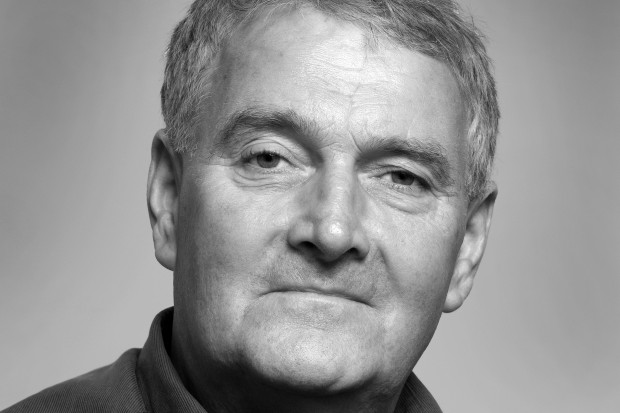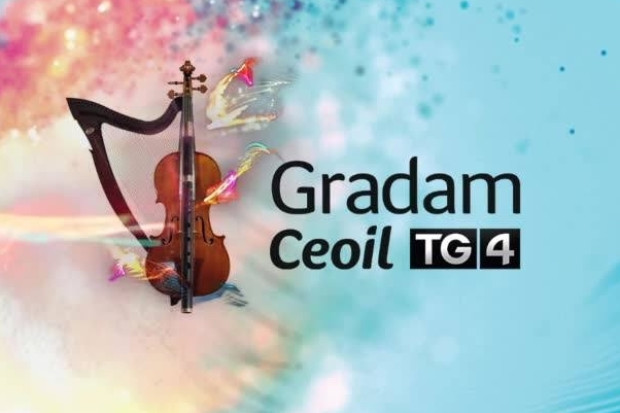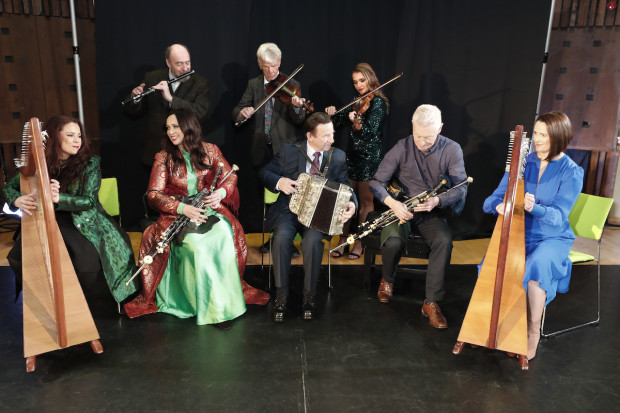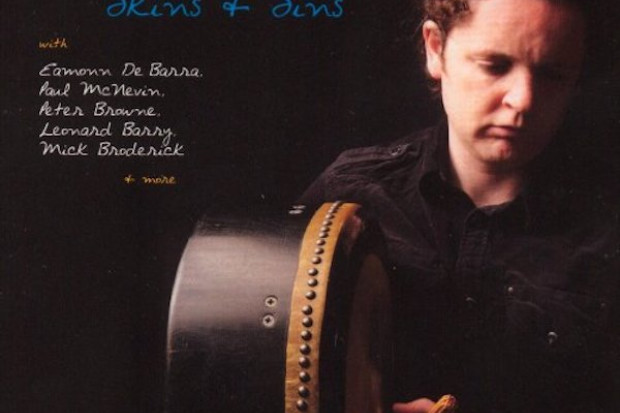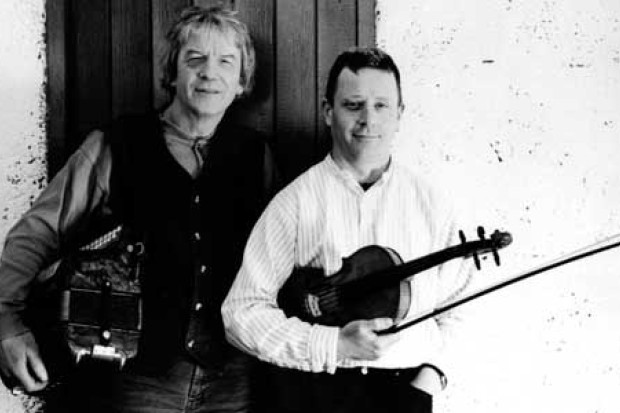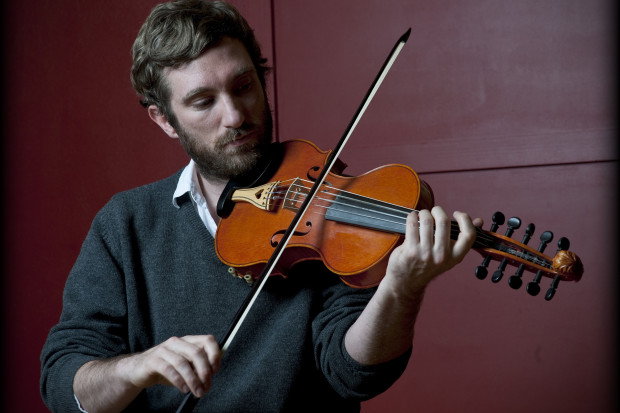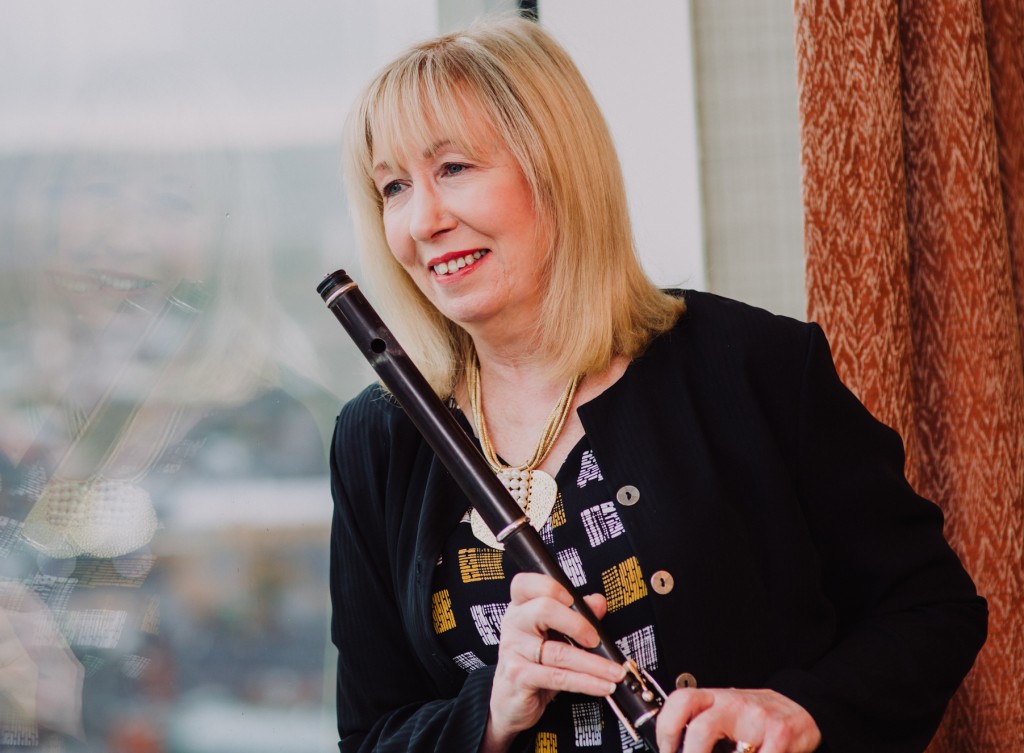
Catherine McEvoy
'It was the beauty of the sound': an Interview with Catherine McEvoy
Catherine McEvoy and her brother John, also a musician, often discuss it. What was it about Irish traditional music that compelled them to learn as teenagers?
It wasn’t that their parents insisted they learn. Growing up in Birmingham, England, in the 1960s and 70s, while their parents were ‘very Irish’, ‘they never pushed the music on us’, says Catherine. ‘It was more us – when we discovered it – pushing it on them!’
A widely respected flute-player, Catherine has just been announced as the recipient of the TG4 Gradam Ceoil. She will be presented with the award next February in Belfast, in a live broadcast programme and concert. When she received the call, she was thrilled and surprised. ‘I actually got quite upset on the phone… I started crying.’
‘My heart is in Ireland’
Catherine moved to Ireland from England in 1977, at a time when many Irish people were going the other direction. ‘I just decided: my heart is in Ireland. That’s where I’m going.’
Her route to the music as a child gives an insight into the spread of the genre in the 70s. She grew up in a multi-ethnic community in Birmingham. Her next-door neighbours on one side were Indian and on the other they were from Somalia, but there were Irish on her street too. Her parents were both from Roscommon and at the age of 11 she discovered Irish traditional dancing at a parish dance and asked to be sent to lessons.
The woman who ran the classes was a woman called Ann King, and she used to have us dancing to Seán McGuire and the Four Star Quartet, and Michael Coleman, and then I began to realise I loved the music. She use to give me the records to bring home to practise my dancing.
Catherine asked the accordionist who also played for the dancers to teach her the instrument, and she learned for three years. As she became more involved in the Irish music scene in Handsworth, she played piano with the Birmingham Ceili Band, and then a whistle-player, Tom McHale, taught her a couple of tunes on the whistle. The turning point, however, came at a Comhaltas event when she heard flute-players Josie McDermott and Peg McGrath – ‘I heard this flute playing and I said, what is this? It blew me away.’
Séamus Ennis records in Woolworths
In her mid-teens, Catherine’s parents bought her an old German flute and she began to teach herself to play. John, her older brother, had started learning violin at boarding school, but was coming back at the weekends and hearing the music too. He was soon buying records of Irish music – groups such as the Dubliners – but Catherine also remembers when they bought a record of Séamus Ennis in Woolworths. John, a renowned fiddle-player, now lives in Ireland too.
What was it that made them want to learn? ‘Why did we start? What did it awaken in us that made us want to play? … I think it was the beauty. It was the beauty of the sound, the rhythm and the happy feeling.’
Catherine’s playing is often described as being a great example of the Sligo-Roscommon style, displayed brilliantly on her album The Home Ruler, but it’s not something she is overly conscious of. For her, the most important qualities are that the music has punch, that it’s rhythmic and lively.
It’s other people that tell me I play in that style. When I play I don’t think of it. I just play the way I play. I play what I’ve heard. It’s an instinctive thing.
Have I sat down and studied it? Well, yes I have, but it was probably at a time when I didn’t realise what I was studying. I was a young person trying to teach myself because I didn’t have a teacher on the flute. You’re just listening to these flute players who had recorded at the time… Matt Molloy, Séamus Tansey, Roger Sherlock, Josie McDermott and Peg McGrath. It was immersion really. You put everything in the pot and see what happens. I’ve come out with this style because that was the style that I listened to the most.
Road to recovery
Whether McEvoy would ever play flute again was in the balance just two years ago. An injury to the tendon on her finger on her right hand made it impossible to play and she had to build the strength back up over time.
There was a point that I was facing the possibility of not playing. I thought: maybe I’ll learn the fiddle … I was quite traumatised … I wasn’t sure what the outcome would be. It was a very low point, but a lot of people were very supportive.
McEvoy’s regular session in the Cobblestone in Dublin and also her teaching at the Willie Clancy Summer School were key steps along the road to recovery.
Probably the best occupational therapy you could do was trying to play because you’re exercising your finger and your wrist. Did it change my playing? Not stylistically… The days of the five-hour sessions might be over – but I can sustain two, two and a half hours!
Musical identity
McEvoy teaches music in St Joseph’s Primary School for children with visual impairment and also teaches privately – one of her current students is the grand-nephew of Matt Molloy, one of her key influences.
Being the recipient of the main Gradam Ceoil award means a huge amount to her.
I feel quite emotional about it… I do feel proud and it’s a great testimony to my parents and to my friends … and the people who supported me over the years.
Her husband Tom McGorman is also a musician, as are her three children, and the role that music plays in their life is an ongoing theme for them.
We’ve often talked about this at home. Does it define me? I’m a mother first. I was ten years at home raising the kids. They were babies crawling around the floor and the spuds were boiling and I was standing up playing the flute. It has always been a part of my life. It’s something that I couldn’t imagine myself not doing.
The TG4 Gradam Ceoil awards take place on Sunday 17 February at the Waterfront Hall, Belfast. For more, visit www.gradam.ie or www.waterfront.co.uk.












